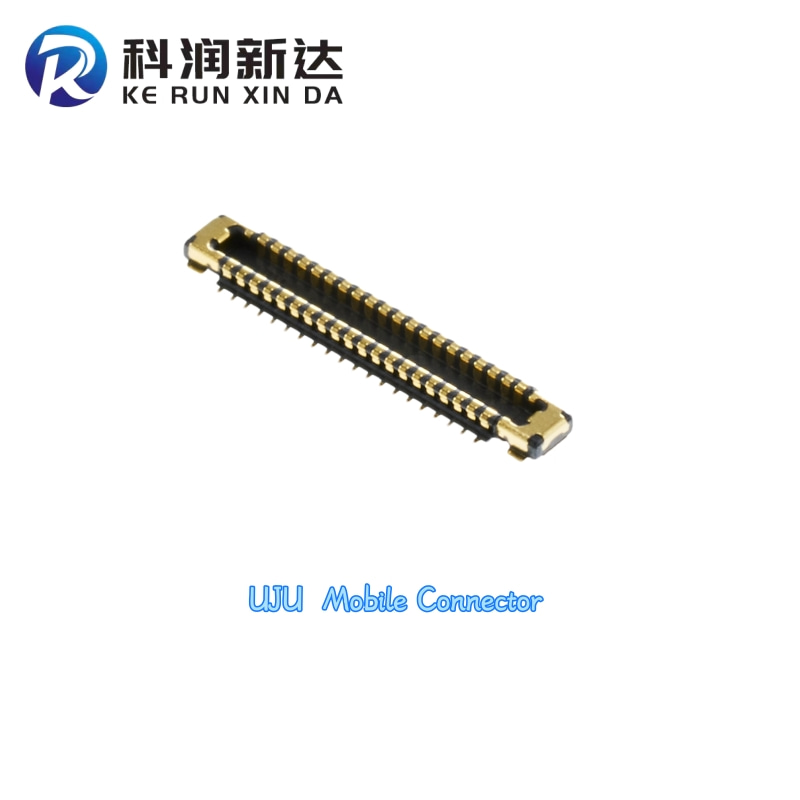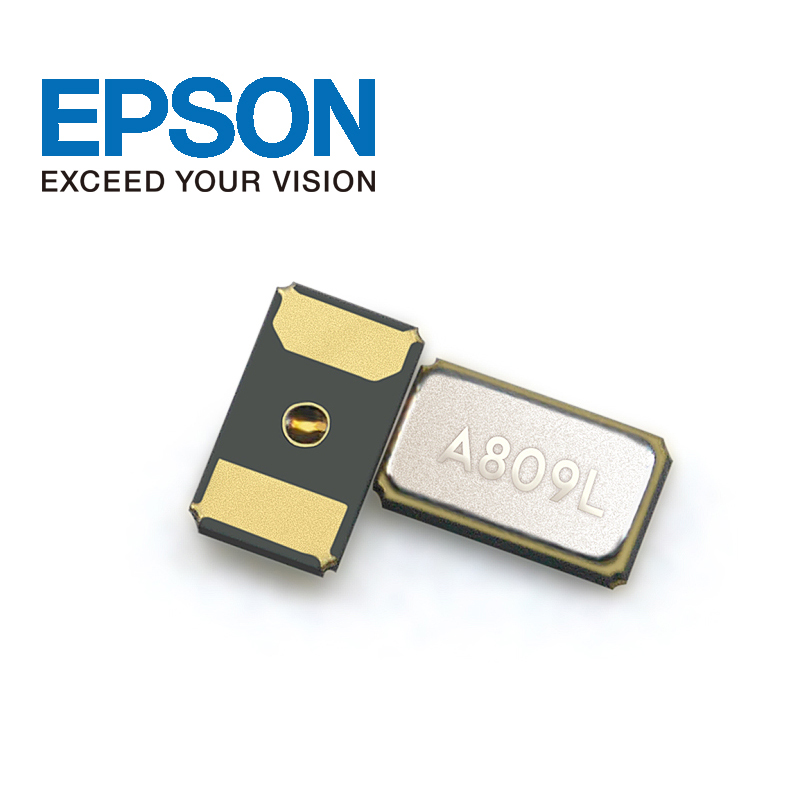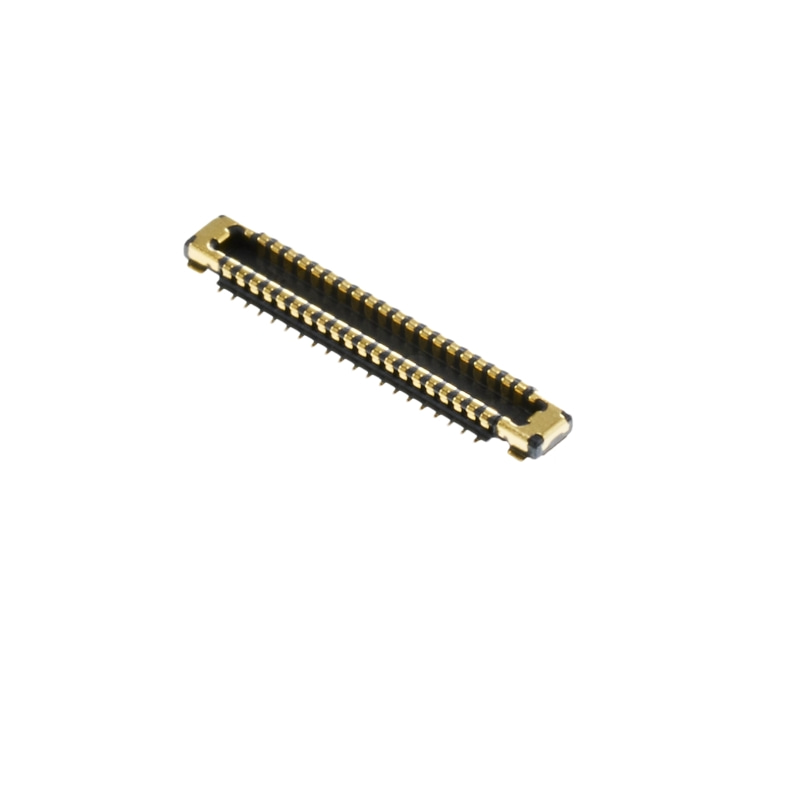Connectors for transmitting signals
Signal connectors are electrical components specifically designed for the transmission of electrical signals and they play a vital role in maintaining signal integrity and minimising signal loss. These connectors are used in a wide range of applications such as communication equipment, broadcasting equipment, measuring instruments and high-speed data transmission systems.
Globally recognised signal connector brands such as TE Connectivity, Amphenol, Molex, Hirose and JST offer high performance signal connector solutions.
TE Connectivity's Micro-D series of signal connectors are known for their miniaturised design and high signal integrity. These connectors incorporate sophisticated impedance control technology to ensure signal stability and accuracy during transmission.
Amphenol's signal connectors excel in RF and microwave applications where high frequencies and wide bandwidths are required.Amphenol's products incorporate advanced designs to reduce reflections and attenuation in signal transmission.
Molex's KK series signal connectors are favoured by the market for their miniaturisation and high-density design.Molex's products incorporate an optimised contact mechanism to ensure a stable electrical connection after multiple insertions and removals.
Hirose's HFBR series signal connectors are recognised for their use in high-speed data communications.Hirose's products incorporate differential signal transmission technology to reduce signal interference and increase transmission rates.
JST's DH series signal connectors are recognised for their stability in high-frequency signal transmission.JST's products incorporate a special shielding design to improve signal interference immunity.
In signal connector terminology, ‘signal integrity’ refers to the fidelity of a signal during transmission, including its amplitude, phase and frequency characteristics. ‘Impedance matching’ is a key technique to ensure that signals are transmitted through the connector without reflection.
‘Differential Signal Transmission’ is a method of transmitting signals using pairs of wires, which significantly improves the signal's immunity to interference. ‘Reflection loss’ refers to the power loss caused by signal reflection at the connector.
‘Crosstalk’ refers to the effect of one signal transmission path on another neighbouring signal path, which requires special attention in the design of high-speed signal connectors. ‘Shielding effectiveness’ refers to the connector's ability to resist external electromagnetic interference.
Through the cases of these well-known brands, we can see the high standard of signal connectors in terms of design, material selection, performance testing and environmental adaptability. The use of terminology, such as ‘signal integrity’, ‘impedance matching’, ‘differential signal transmission’, ‘reflection loss ’, ‘crosstalk’ and ‘shielding effectiveness’, not only reflects the professionalism of the signal connector industry, but also helps communication equipment manufacturers and users to more accurately assess the performance and technical requirements of signal connectors.
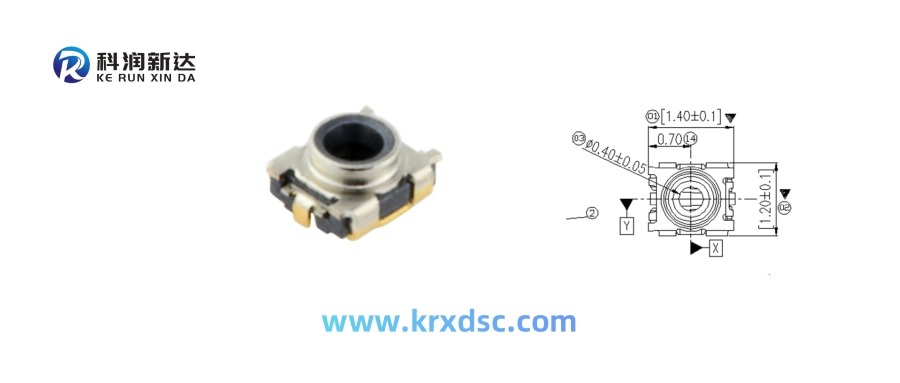
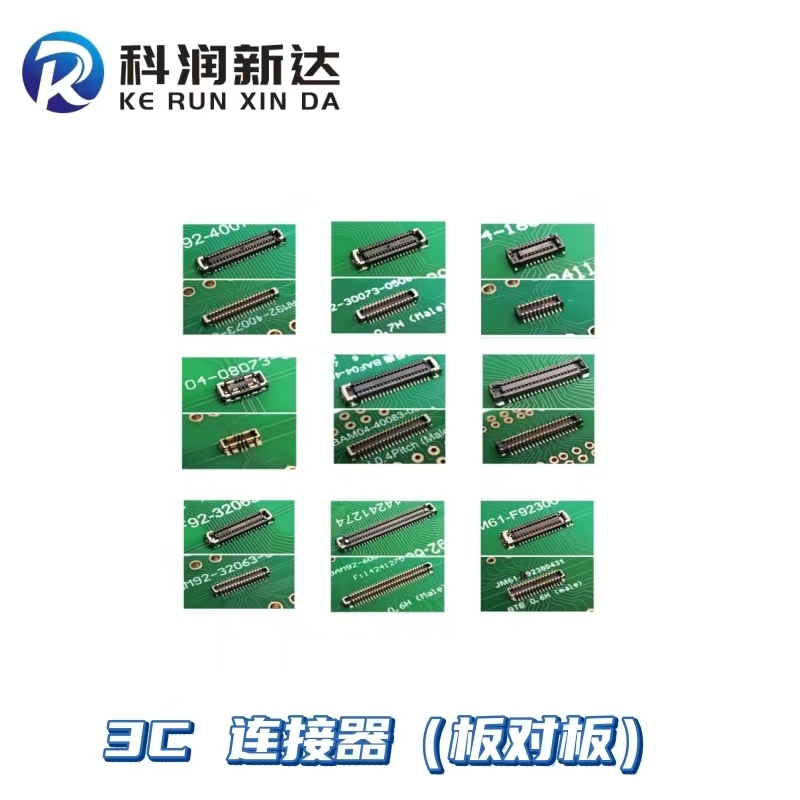 LCN (LCN Electronics)Board-to-
LCN (LCN Electronics)Board-to-


